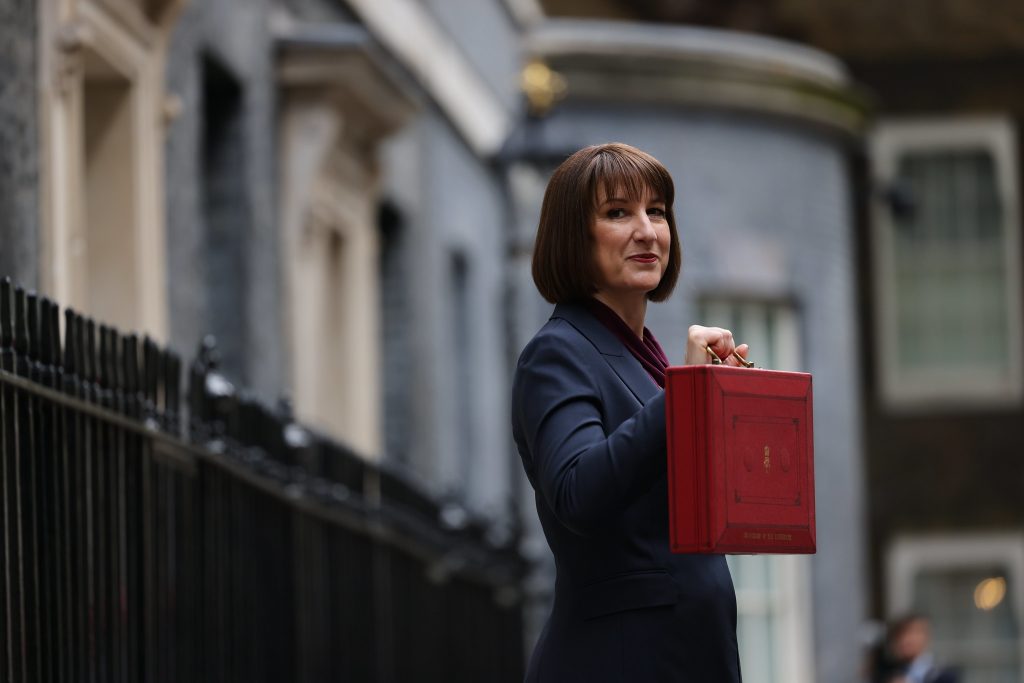While the threat of a rise in capital gains tax has weighed heavily on the minds of UK landlords in the run-up to the recent Budget, the increase in stamp duty on the purchase of second homes is far less worrying. This is according to the latest market insight from London rental and estate agent Benham and Reeves.
The research found that around one in five landlords (19%) had suspended their buy-to-let investment plans in the run-up to the Autumn Declaration, with the threat of a capital gains tax increase the reason for this hesitation.
About 22% of respondents stated that if the government had chosen to increase capital gains taxes on residential investments, they would have reduced the size of their portfolio. Of the 22%, even 10% stated that they would have left the sector altogether.
The feared increase in capital gains tax never happened and as a result, 84% of landlords surveyed by Benham and Reeves plan to remain within the buy-to-let sector without making any changes to their investment portfolio in the coming twelve months. another 4% expect to increase the size of their portfolio and only 12% plan to reduce it.
Although landlords were not hit by an increase in capital gains tax, they did see an immediate 2% increase in stamp duty payable on the purchase of second homes.
Of those landlords who said they are looking to grow their portfolio now, around half (47%) said they will not expand it as much as previously planned due to the second increase in housing stamp duty, while 53% will continue undeterred.
Of the vast majority who plan to maintain the size of their portfolio, only 11% said they planned to increase it but were deterred by an increase in stamp duty on second homes.
Commenting on the research findings, Marc von Grundherr, director of Benham and Reeves, said: “It is clear that the talk of a capital gains tax increase in last week’s autumn statement was a major concern for around one in five landlords and If they materialized, we could have seen a worsening of the current rental crisis as more landlords chose to call time on their buy-to-let investments.
He added: “The failure to do so has been well received, not only by domestic landlords, but also by foreign investors, who are keen to pay up as it only applies to the net profits they generate. When you consider that this rate has actually been reduced from the previous rate of 28%, many actually consider themselves better off in today’s market.
Grundherr said it was clear that while they did not escape completely unscathed, a two percent increase in stamp duty was a somewhat bitter but manageable pill to swallow.
“The buy-to-let sector remains one of the safest and most consistent investment opportunities, despite government efforts, and the vast majority of landlords continue to recognize this. The additional upfront costs now required in the form of stamp duty can be mitigated within a very short period and therefore we do not believe this will have a major adverse impact on the rental sector.”


